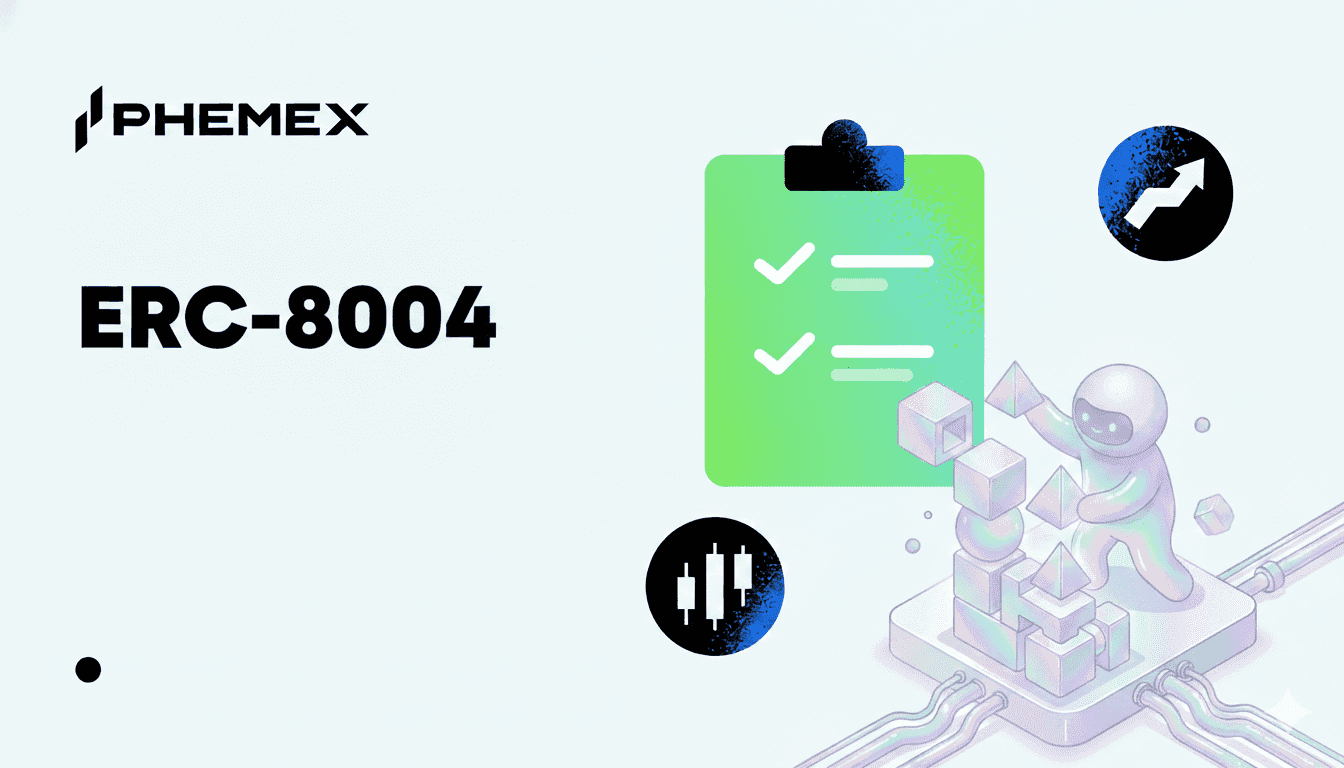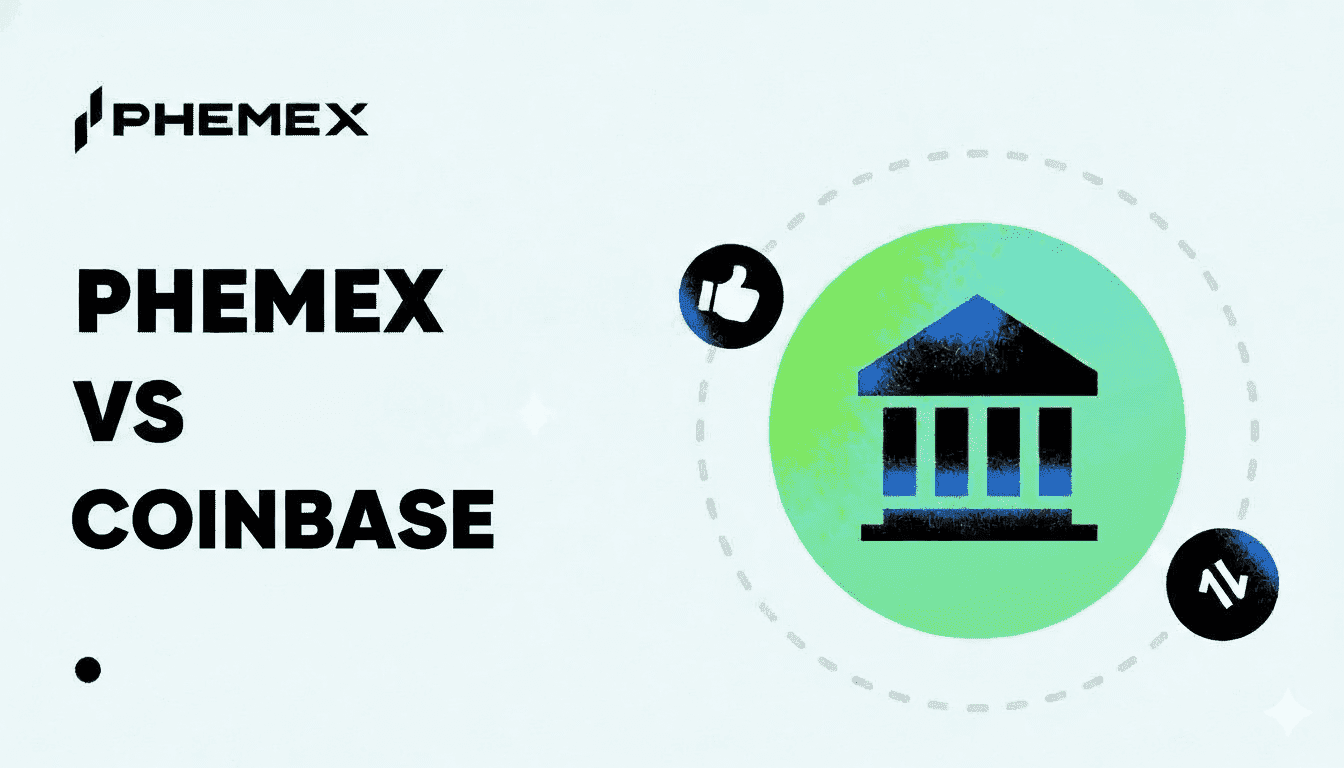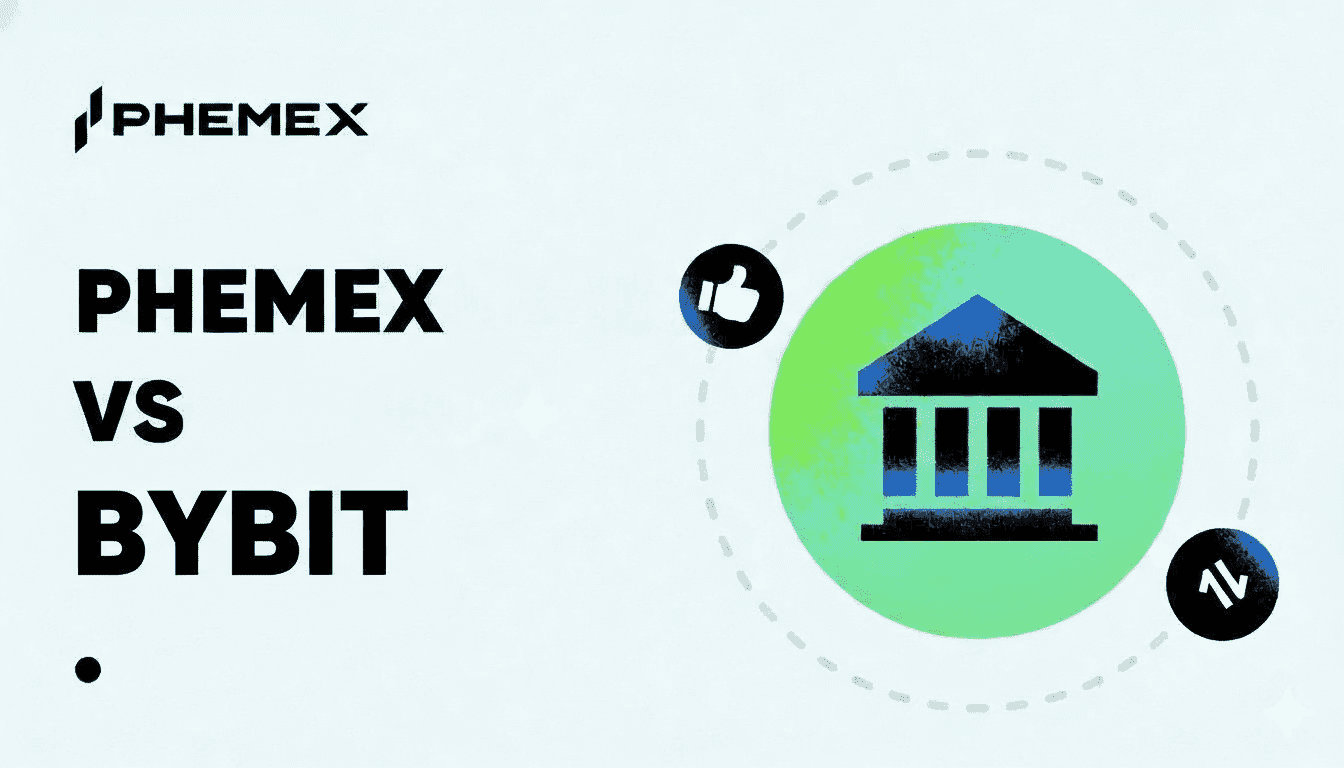Nowadays, getting a college or an advanced degree is commonly seen as a requisite for future success. Whether it be a Bachelor’s or Master’s degree, or going to business school, higher education allows students to explore new and intellectually stimulating disciplines, which may then lead to promising careers.
Moreover, through higher education and skills training, colleges and universities play an important and innovative role in the economy. Since the economy’s makeup by sector doesn’t stay stagnate, universities have an obligation to not only keep pace with technological advancement, but to stay at the forefront of this innovation.
Most importantly, since the cryptocurrency and blockchain industries have risen to the trillion-dollar market club, colleges and universities can no longer ignore these flourishing industries. However, even though blockchain technology has already been adopted in many sectors, and cryptocurrencies have increased in popularity, universities in the past have been reluctant and slow to propose and approve academic programs at the Bachelor’s, graduate, and post-graduate levels.

Blockchain In Academia
Since blockchains represent one of the most disruptive technological innovations of the last decade, there is no shortage of experts, research, and publications on the topic. Ideas behind the blockchain trace back to a series of papers by Stuart Haber and Dr. Schott Stornetta starting in 1991, where they proposed a method to securely timestamp digital documents, not a digital money scheme. But since then, concepts around the blockchain have branched off into disciplines such as cryptography, mathematics, engineering, and finance.
Nonetheless, blockchain in academia has met various challenges, For example, there lacks sufficient blockchain training for jobs that are yet to be invented, there is a sparsity in blockchain information literacy and capabilities, and lastly, there is little access, which as a result is creating digital inequality in the technological sciences.
Schools That Have Launched Cryptocurrency & Blockchain Related Programs
Although blockchain education and crypto learning institutes are not the sexiest majors or disciplines, universities worldwide are updating their curriculums by quickly opening up blockchain research centers and launching academic degree programs. For example, some of the more famous ones include:
- MIT’s Digital Currency Initiative
- Stanford’s Center for Blockchain Research (CBR)
- Harvard University’s (Berkman Klein Center) Digital Finance Initiative
- Cornell Blockchain
- Blockchain at Berkely
These schools and programs above will likely add significant value to blockchain education in the United States and beyond. Moreover, because the pandemic disrupted universities from their traditional offerings (as well as to meet growing demand), a lot of these schools launched online blockchain programs and crypto courses.
For example, the MIT Blockchain Certification is a short online course for students to discover the transformative potential that blockchain technology presents for business. In addition, and on the other side of the coin is MIT’s Digital Currency Initiative, which is a research lab with the goal to:
- Conduct research on blockchain and digital currency
- Be an intermediary for government, nonprofits, and the private sector to test concepts
- Foster diversity and inclusion in blockchain and cryptocurrency technology development
- Equip students with the skills to drive innovation in blockchain technology
Other top blockchain education programs at these Ivy League schools (UPenn, Harvard) and institutions (Stanford, Berkeley, Cornell) also have similar purposes and goals.
However, the problem is there are approximately 4,000+ higher education institutions in the United States. Thus, how many of these schools have the expertise or resources to even offer coursework in blockchain and cryptocurrencies? Providing coursework in these two subjects is necessary for improving knowledge, increasing awareness, furthering crypto adoption, and promoting future business prosperity.
| Schools With Blockchain and Cryptocurrency Research Programs | |
|---|---|
| University of California, Berkely | Berkely Haas Blockchain Initiative |
| Cornell University | Cornell Blockchain |
| University of Chicago | “Cryptocurrency and Blockchain: Markets, Models, and Opportunities” |
| University of Pennsylvania | Penn Blockchain, Wharton School Stevens Center for Innovation in Finance |
| University of North Carolina | North Carolina Blockchain Initiative, Kennan Institute “Future of Fintech: Blockchain, Cryptocurrency, and the Emerging Financial Ecosystem” |
| University of Michigan | Blockchain at Michigan |
| Massachusetts Institute of Technology (MIT) | Digital Currency Initiative, Sloan School of Management |
| Stanford University | Stanford Center for Blockchain Research |
| New York University | NYU Blockchain, Stern School of Business |
| Columbia University | Blockchain at Columbia, Columbia Blockchain Alliance |
Conclusion
At the end of the day, merging blockchain and cryptocurrencies into modern-day curriculums at “legacy” universities will have second-order effects. Educating students in innovative ways in blockchain and cryptocurrency will not only breed new markets and lead to more companies being created, it will also lead to more jobs. Therefore, the impact of blockchain on higher education will be a positive one, as well as mutually beneficial for the student and the university.










